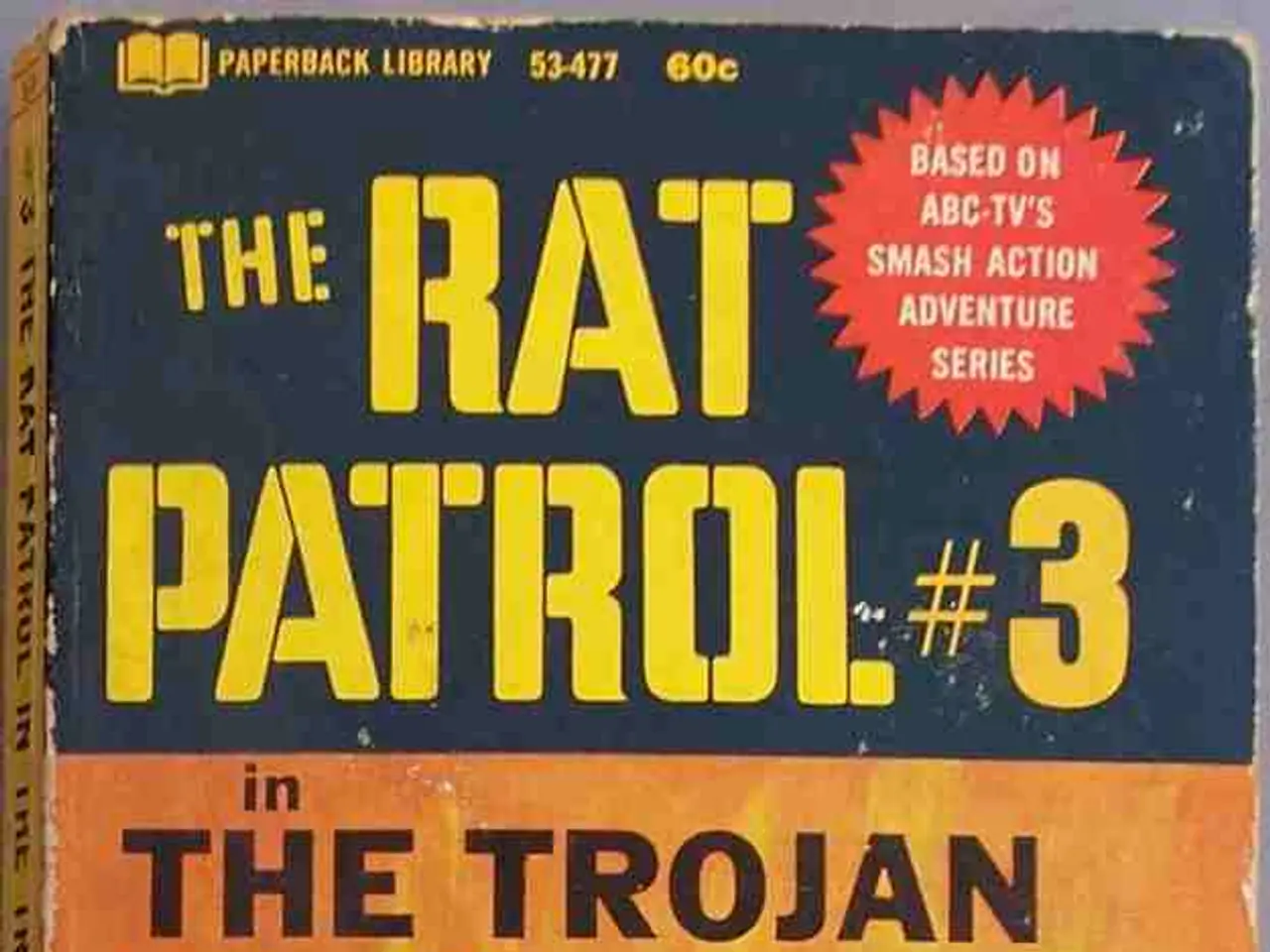"Israeli politician Katz issues warnings to Iran's Khamenei, urging vigilance and attention to every Iranian statement"
The Twelve-Day War between Israel and Iran, which took place from June 13 to June 24, 2025, marked a significant escalation in the long-standing hostility between the two nations. This conflict, also known as the Iran–Israel War, was characterised by Israeli surprise strikes on Iranian nuclear and military sites and Iranian retaliatory missile and drone attacks on Israel.
The pre-war tensions between the two countries had been building since 2024, with Israeli actions including targeted killings of Iranian-backed figures, airstrikes against Iranian proxies like Hezbollah and Hamas, and limited strikes inside Iran from late 2024. Iran's nuclear ambitions and regional proxy activities fueled continual escalation.
In March-May 2025, Israel resumed airstrikes and a blockade amid faltering US-Iran nuclear talks. Despite intermittent negotiations, these failed to prevent the conflict. On June 13, 2025, Israeli Defense Forces launched a massive surprise attack with 200 fighter jets, targeting over 100 Iranian military and nuclear facilities. This attack resulted in the killing of high-ranking IRGC commanders and scientists and severe damage to facilities such as the Natanz uranium enrichment site.
In response, Iran retaliated with waves of ballistic missiles and more than 1,000 drone attacks on Israeli territory. The United States intervened on June 21 by bombing Iranian nuclear facilities, intensifying the conflict. After Iran fired missiles at a US base in Qatar on June 23, a US-brokered ceasefire was agreed on June 24.
The conflict resulted in hundreds of civilian casualties on both sides and heightened fears of wider regional war. Despite the ceasefire, strategic military preparations and covert operations have continued, with fragile mutual deterrence defining the post-war environment.
During the war, Israeli Defense Minister Israel Katz made several notable statements. He claimed that the Israeli army tried to kill Iran's supreme leader Ayatollah Ali Khamenei but did not get the opportunity. Katz also referred to Khamenei as a "modern Hitler" and threatened to assassinate him. He also mentioned Israeli drone activity in his threats against Khamenei.
The origin and circulation of a graphic showing Israeli officials, including Katz and Prime Minister Benjamin Netanyahu, as assassination targets before it was shared by Katz are unclear. This graphic resembles templates used by the Israeli military to announce the killings of senior Iranian officials.
It is important to note that the codename "Red Wedding," which was reportedly used by Katz in his threats against Khamenei, may be a rumored or fictional codename not officially documented in mainstream open sources as of August 2025.
The Twelve-Day War was a pivotal moment in the Israel-Iran conflict, marking a severe escalation in hostilities. Despite the ceasefire, the overarching conflict remains unresolved, with strategic military preparations and covert operations continuing.
Read also:
- Court petitions to reverse established decision on same-sex marriage legalization
- Trump's enforcement actions in Washington D.C.: Insights from the political arena
- Chinese Ambassador issues stern message to India regarding Trump's tariffs in midst of escalating trade feuds
- Aircraft collides with another one on the runway during landing at Montana airport, igniting flames








